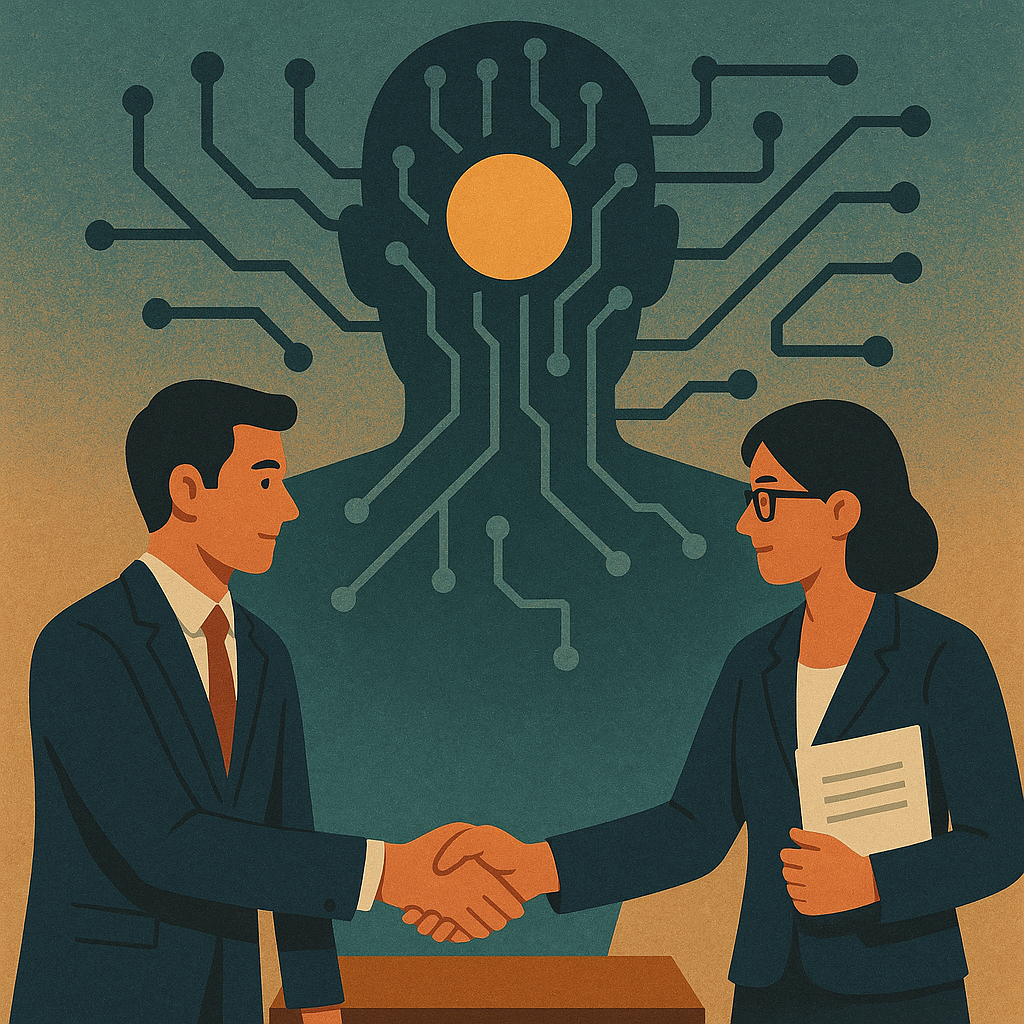Bargaining in the shadow of the algorithm
4 octobre 2024
Most civil disputes settle. Parties bargain in the shadow of the law. In this paper, we explore how settlement of civil disputes changes if judges and arbitrators use algorithmic predictions to help decide trials. We conduct experimental studies to explore what happens when parties bargain in the shadow of an algorithm. We test three hypotheses.
First, we hypothesize that predictive analytics will increase the likelihood of settlement by reducing uncertainty and aligning expectations.
Second, we hypothesize that predictive analytics will result in an anchoring of settlement terms toward the outcome predicted by the algorithm when only the parties have access to the algorithm.
Third, we hypothesize that settlement amounts will depend on whether the judge assigned to the case also has access to the predictive algorithm. Parties may adjust their bargaining strategies when they know that a judge has access to the algorithm. When the algorithm predicts that the plaintiff has a greater than 50% chance of succeeding, we hypothesize that settlements will be higher if the parties know that the judge has access to the algorithm. When the algorithm predicts that the plaintiff has less than 50% chance of succeeding, we hypothesize that settlements will be lower if the parties know that the judge has access to the algorithm.
We conduct two experimental studies to test these hypotheses. The first study, a survey, tests whether the litigants’ perceived probability of success is affected by their knowledge that a judge has access to the algorithm. The results of this study provide some support for the hypothesis that parties change their perception of plaintiff victory when judges have access to the algorithm. When the algorithmic prediction is above 50%, participants who know that the judge also has access to the algorithm tend to think that the likelihood of plaintiff victory is greater compared to participants who were told the judge did not have access to the algorithm. We found no strong evidence that judicial access to algorithms tended to lower the perceived probability of success when the algorithmic prediction was below 50%.
The second study, a negotiation exercise, is ongoing. This experiment is being conducted throughout March 2025.